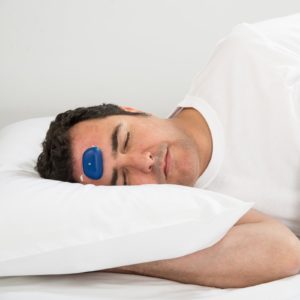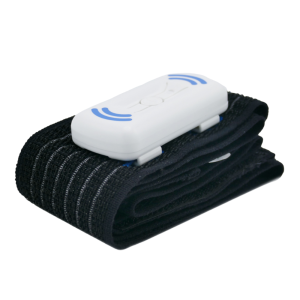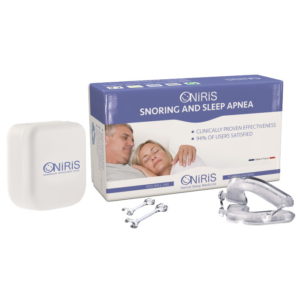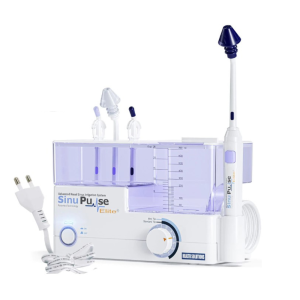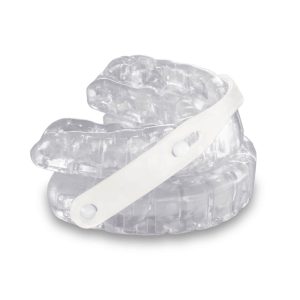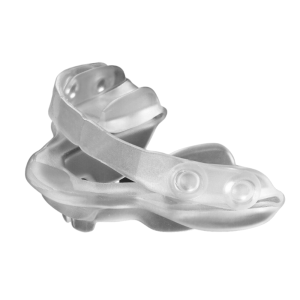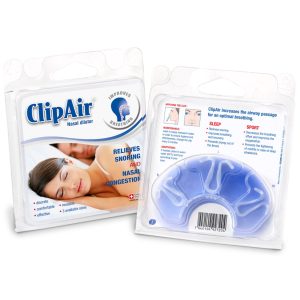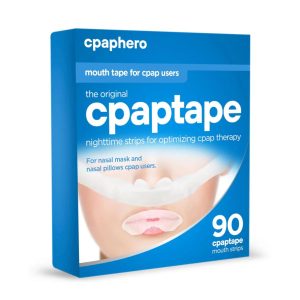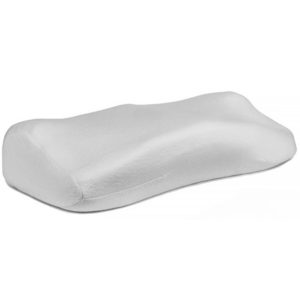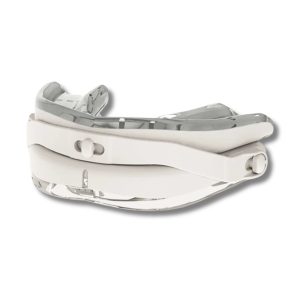Anti-Snoring Devices That Really Work
Millions of people snore, with more than 40% of UK adults snoring. It is caused by an upper airway obstruction that causes vibrations in the soft palate and tissues in the mouth and throat, creating a sound.
Snoring devices are a quick and effective way to open the airway and help you breathe comfortably through your nose. The severity of someone’s snoring can depend on various factors, including how they breathe, how often upper airway obstructions occur, and anatomical genetics.
The best anti-snoring devices
There are a variety of different snore stoppers to suit the requirements of different users; here’s how each works:
Nasal dilators: These are discreet and small nasal prongs that sit inside the nostrils. The technique opens the nostrils to increase airflow and nasal breathing.
Nasal irrigation kits: A nasal flusher helps to reduce and stop snoring caused by congestion and allergies. For example, the SinuPulse Elite uses a natural saline solution to quickly remove blockages and open the nasal passages.
Positional sleep therapy: Positional therapy comes in various forms to encourage the user to sleep on their side. Side sleeping helps open the airway, prevent obstructions, and make breathing through the nose easier. Examples of this type of therapy include:
Somnibel Positional Sleep Therapy Trainer: The Somnibel is a lightweight and small device worn on the forehead. It gently vibrates when you turn to sleep on your back, which helps you turn back onto your side without interrupting your sleep.
Snoring belts: An anti-snoring belt also uses a vibrating mechanism but is on a belt.
Snoring pillows: Snore pillows are designed for those who primarily snore when sleeping on their backs. The pillow features indents to help the user sleep and remain on their side during sleep.
Snoring mouthguards: Medically known as Mandibular Advancement Devices (MADs), these gum shields are moulded to the user’s teeth. They gently pull the lower jaw and tongue forward to create more space at the back of the throat, minimising the risk of an airway obstruction.
Is your snoring a symptom of Sleep Apnoea?
Snoring is one of the most common symptoms of Obstructive Sleep Apnoea (OSA), which is caused by an airway obstruction. The condition causes the sufferer to stop breathing continuously during sleep.
We are experts in Sleep Apnoea and can help you if you think your snoring could be connected to OSA. Our clinically validated home sleep tests and treatment options make gaining quality sleep easy.
Whether you require a mouth guard snoring device, a sleep test or a different product, we can support you throughout your treatment journey.

